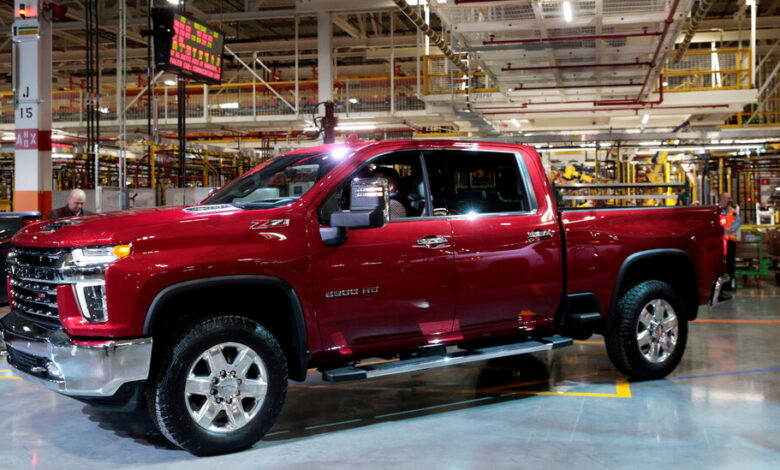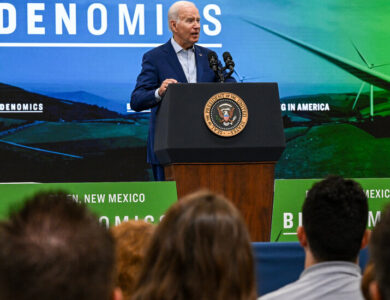
After more than 20 years of struggle, the United Automobile Workers union has approved new contracts with the three major U.S. automakers, securing substantial wage increases and other benefits. The tentative contract agreement at General Motors won the support of 55 percent of the nearly 36,000 members who cast their votes, according to a tally from all the G.M. locals. Tentative agreements with Ford Motor and Stellantis, the maker of brands including Jeep and Chrysler, also showed strong support.
The agreements entail a 25 percent increase in the top wage for production workers, raising it to over $40 over four and a half years from $32. These deals, which include larger company contributions to workers’ retirement plans and the right to strike over plant closures, were reached after a six-week wave of strikes led by the union’s new president, Shawn Fain.
According to Mr. Fain, the U.A.W. bump, dubbed ‘U Are Welcome,’ has been quickly adopted by other companies, with Toyota, Hyundai, and Honda announcing significant wage increases at nonunion plants just days after the agreements. The union is now focusing on organizing campaigns at nonunion plants to capitalize on its momentum.
While the agreements mark a significant victory for the union, skepticism was expressed by some veteran workers who felt the contracts did not sufficiently compensate them for years of concessions and weak wage growth, despite substantial gains for newer workers.
However, the union’s approach of initially striking at one plant at each of the three automakers and ramping up over time has proved successful at reversing some concessions accepted years earlier, such as the suspension of a cost-of-living adjustment.
The path to ratifying the contracts has included some internal strains for Mr. Fain and the union, with some reform groups declining to formally recommend approval of the contract.
Ratification of the contracts could also bring political benefits to President Biden, who waded into the negotiations and increasingly sided with the union’s members, an action that was seen as a victory for workers, signaling his stance in the negotiations.
Some workers argued that the union could have won more at the bargaining table had it been willing to escalate further, while others praised Mr. Fain for his courage to challenge the corporations.




